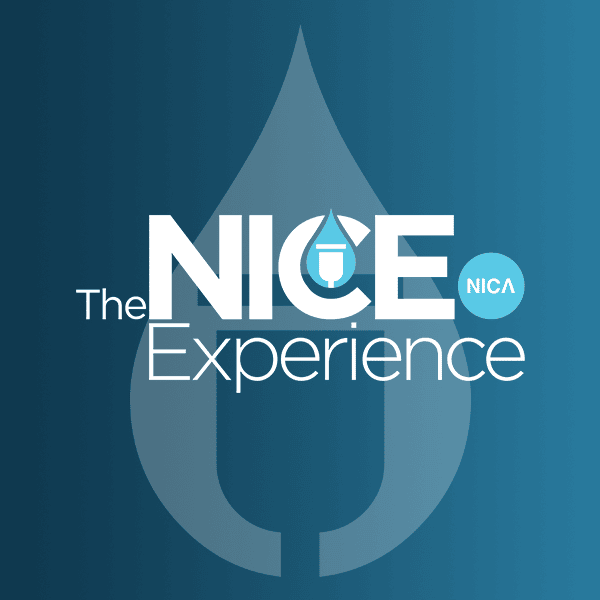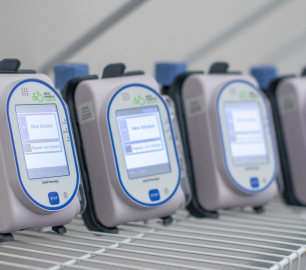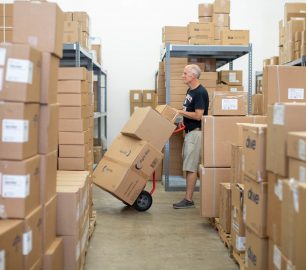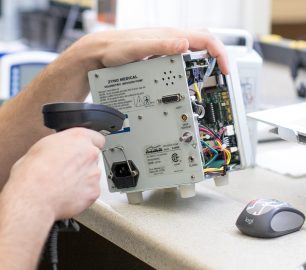If you’ve ever found prescriptions in your cabinet or leftover medication you no longer need, you may wonder what to do with them. Tossing pills in the trash or flushing them down the toilet might seem like quick fixes, but these methods can harm the environment and even pose risks to others. Here’s a guide to help you dispose of medications safely and responsibly.
Why Proper Disposal Matters
Improper disposal of medications can have serious consequences. Flushing them down the toilet or throwing them in the trash can contaminate water supplies, harm wildlife, or even lead to accidental ingestion by children or pets. Additionally, leftover medications can sometimes fall into the wrong hands, increasing the risk of misuse or abuse.
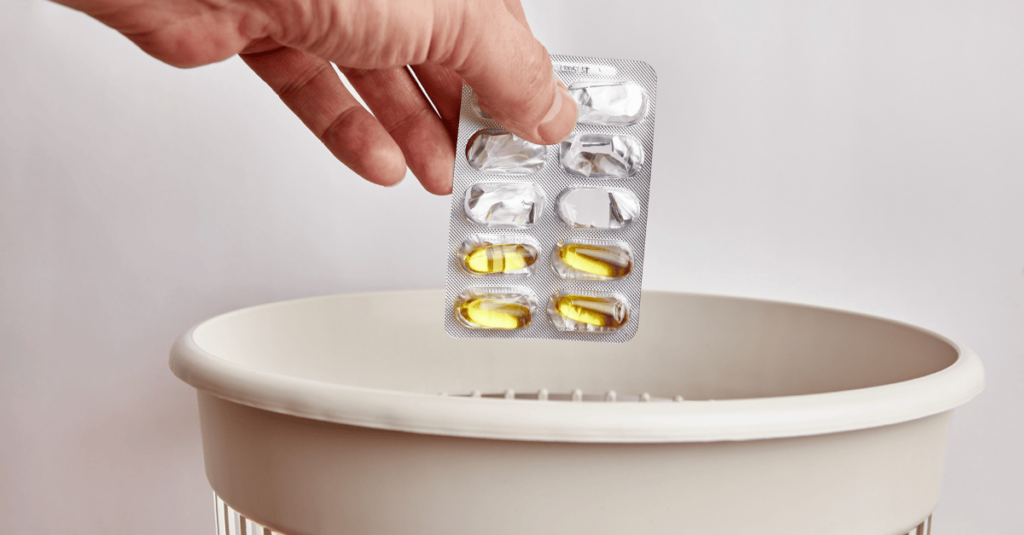
Safe Disposal Methods
Use a Drug Take-Back Program
Drug take-back programs are the best and safest option for disposing of medications. These programs ensure medications are destroyed in a way that’s safe for both people and the environment.
Local Events
Many communities host take-back events. Check with your local pharmacy or law enforcement for upcoming dates.
Permanent Drop-off locations
Many pharmacies, hospitals, and police stations have secure collection boxes available year-round.
Dispose of Medication at Home (When Necessary)
If a take-back program isn’t available, you can dispose of medications at home by following these steps:
Read the Label
Some medications can be flushed, but only if the label or patient information specifically states this.
Mix With Unpleasant Substances
For pills or capsules, mix them with something unpleasant like used coffee grounds, cat litter, or dirt. This makes them less appealing to children, pets, or anyone who might go through the trash.
Remove Personal Information
Before discarding prescription bottles or packaging, peel off or black out any personal information to protect your privacy.
What NOT to Do
Do not flush medications unless necessary and approved: Flushing can harm water systems and aquatic life.
Flush only if the medication is on the FDA’s approved flush list.
Avoid sharing medications: Medications are prescribed for individual use and can be harmful to others.
Don’t throw medications directly into the trash: This increases the risk of accidental ingestion or theft.
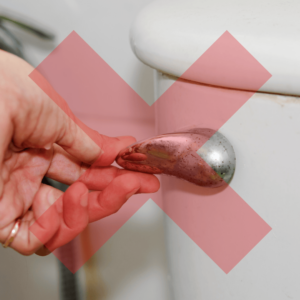
Special Cases: Needles and Inhalers
- Sharps (Needles/Syringes): Never dispose of needles in regular trash or recycling bins. Use an FDA-approved sharps container or contact your local health department for disposal options.
- Inhalers: Inhalers may need special handling as they can be hazardous when exposed to heat or pressure. Check with your pharmacist for guidance.
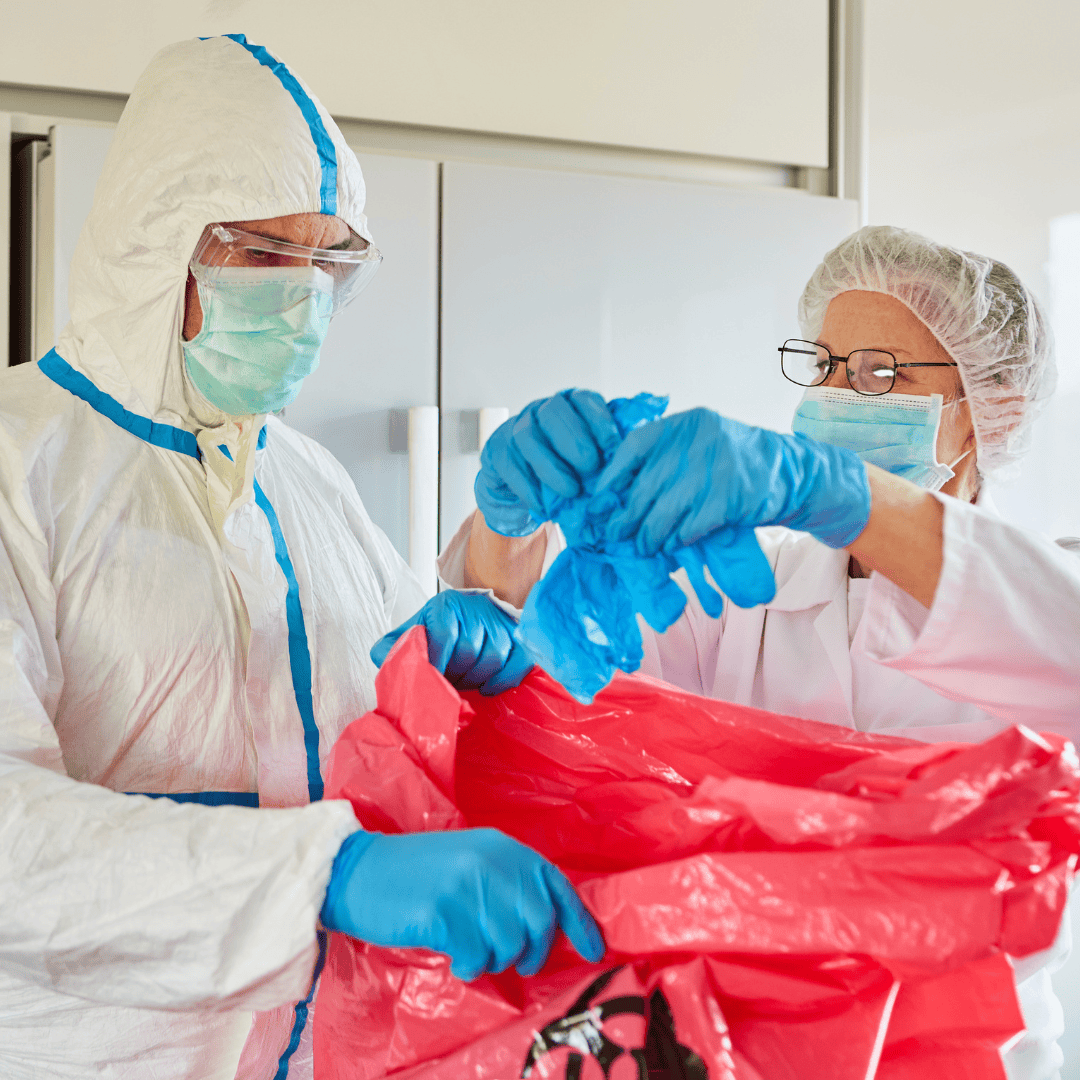
KEEP IT SIMPLE
Taking the time to safely dispose of unused or expired medication is a small effort that makes a big difference. Set a reminder to review your medicine cabinet every few months, ensuring you only keep medications you need.
If you’re unsure about how to dispose of a specific medication, your pharmacist is a great resource for advice.
By taking these steps, you’re contributing to a safer, healthier environment for everyone.




